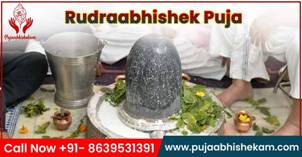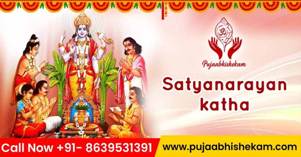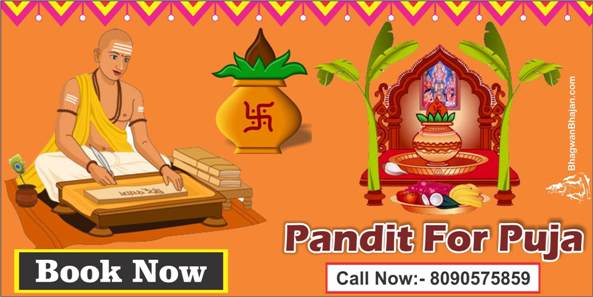
About Karva Chauth Vrat (Fast) | How to Do Karva Chauth
The fast of Karwa Chauth is kept 9 days before Diwali. It falls on the fourth day of the Kartik month by the Hindu calendar (fourth day of the waning moon or the dark fortnight).
The Rituals of Karvachauth :
Karwa Chauth is considered one of the most important Fasts observed by the married Hindu women. On this day the women pray for the welfare and long life of their husbands. The festival is followed mainly in the northern parts of the country.
Karwa Chauth coincides with Sankashti Chaturthi a fasting day observed for Lord Ganesha.
The fasting of Karwa Chauth and its rituals are observed by married women for the long life of their husband.
Married women worship Lord Shiva and His family including Lord Ganesha and break the fast only after sighting and making the offerings to the moon.
The fasting of Karwa Chauth is strict and observed without taking any food or even a drop of water after sunrise till the sighting of the moon in the night.
Karwa Chauth day is also known as Karak Chaturthi (करक चतुर्थी).
Karwa or Karak refers to the earthen pot through which water offering, known as Argha (अर्घ), is made to the moon.
Karwa is very significant during Puja and it is also given as Dan to the Brahmin or any eligible woman.
The Legend of Karvachauth :
A woman named Karva was deeply devoted to her husband. Her intense love and dedication towards him gave her shakti (spiritual power). While bathing at a river, her husband was caught by a crocodile.
Karva bound the crocodile with a cotton yarn and asked Yama (the god of death) to send the crocodile to hell.
Yama refused. Karva threatened to curse Yama and destroy him. Yama, afraid of being cursed by Pati-vrat (devoted) wife, sent the crocodile to hell and blessed Karva's husband with long life. Karva and her husband enjoyed many years of wedded bliss.
To this day, Karva Chauth is celebrated with great faith and belief.




